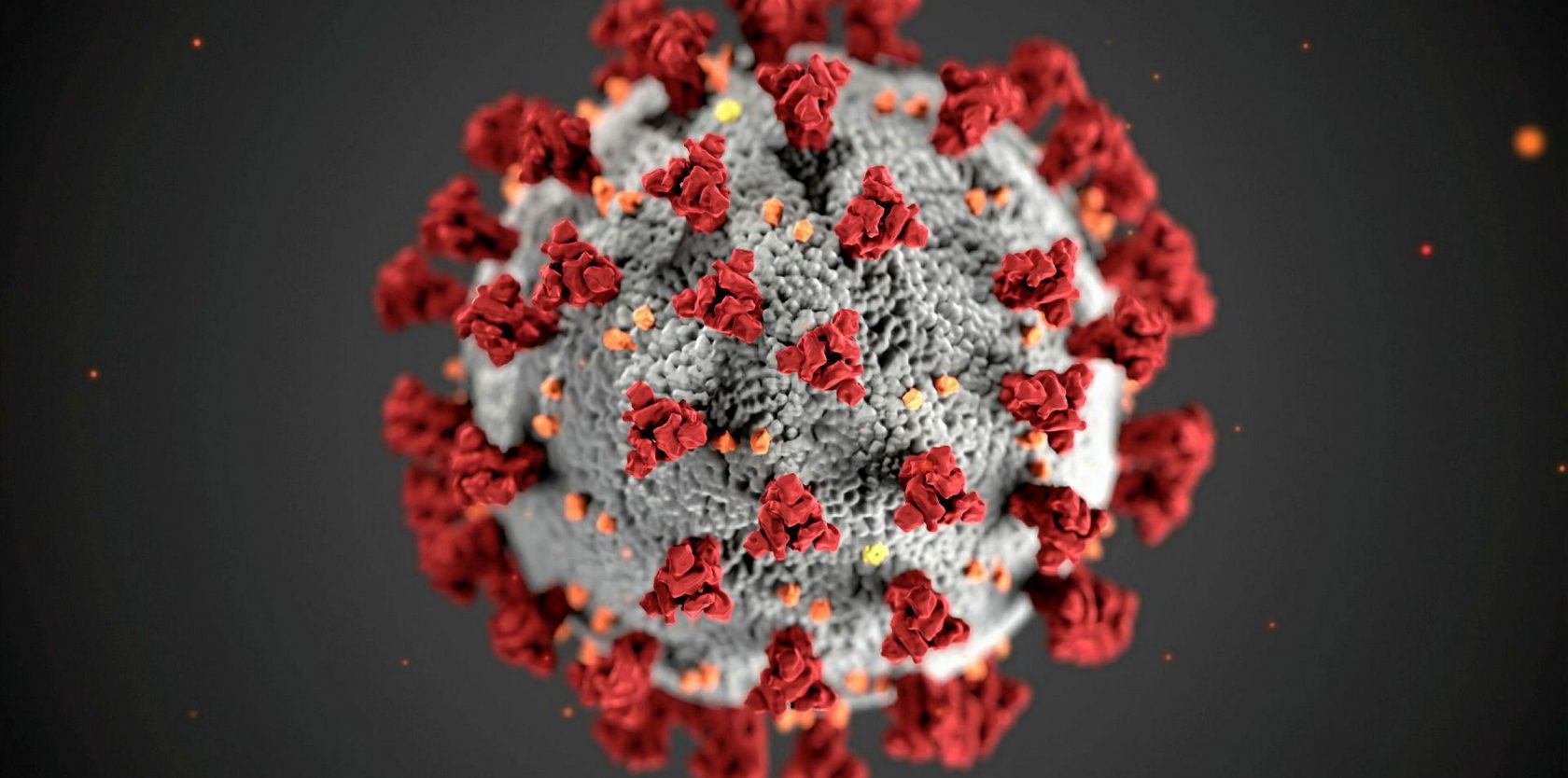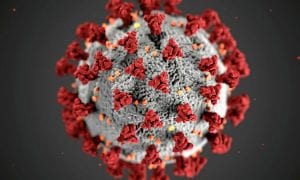WESTFIELD- Researchers at UMass Amherst are seeking volunteers for a study to learn more about the effects of perfluoroalkyl (PFAS) substances on one’s immune response from the COVID-19 vaccines.
The study of Massachusetts residents will include children aged 12 to 17 and adults over the age of 18. To participate, one must have no previous conditions that would affect their immune system. Participants must also intend to be vaccinated in the coming weeks, or have already been vaccinated within two weeks of taking a sample.
One thousand Massachusetts residents are being sought to participate in the study. Participants will need to collect dried blood spot samples over the course of one year. The blood spot samples will be used to measure PFAS levels in their blood and their response to the COVID-19 vaccine.
At-Large City Councilor Kristen Mello said that State Sen. John C. Velis and State Rep. Kelly W. Pease and their staffers worked to get this study funded.
Sample kit distribution for the study began on April 26. Enrollment for the study will continue until 1,000 volunteers are signed up.
To enroll in the study, email [email protected] and request a signup link.
“The methodology of this study is slightly different from those, in that these samples will not be vials of blood taken, but dried blood spot cards that participants prepare themselves,” said Mello.
In a letter detailing the specific aims of the study, UMass researcher Dr. Youssef Oulhote said PFAS substances can adversely affect the development of a person’s immune system in laboratory and human studies. He said there is some evidence of PFAS having an effect on vaccine-induced antibody response. He also suggested that PFAS could exacerbate COVID-19 symptoms.
“Therefore, PFAS may have the potential via immunotoxicity to exacerbate COVID-19 respiratory symptoms or more generally the severity of the disease through a direct or indirect mechanism as shown in two recent studies with increased risk of severe illness and mortality in populations highly exposed to PFAS,” said Oulhote in his specific aims letter, “It is however unclear whether higher exposure to PFAS may impact antibody response to the new developed COVID-19 vaccines; a high priority public health issue.”
Mello said in an April 7 letter detailing the need for the study that Westfield is a perfect community to conduct the study because of the differences in PFAS exposure between the north and south sides of the city.
“Westfield is a city divided roughly in half by the Westfield River as it flows from west to east through the city. Municipal wells on the north side of the river are contaminated with PFAS, while south side water resources have not tested positive for PFAS,” said Mello, “Since the city’s residents are roughly divided in half by the river, there is a tremendous advantage to performing this study on this population where one half was, by circumstance, more heavily exposed to PFAS than the other.”
Mello said that a study from the Agency for Toxic Substances and Disease Registry (ATSDR) found that residents in Westfield’s north side had a higher level of some PFAS compounds in their blood than the national average.
“Of the 459 northside residents who participated in the ATSDR’s PFAS Exposure Assessment investigating PFAS concentrations in their blood serum: 92% of participants had more PFHxS in their blood than the national average, 67% had more PFOA, 61% had more PFOS, 52% had more PFDA, and 36% had more PFNA than the national average,” said Mello in her letter. “All of the PFAS found to accumulate in the lungs were found in groundwater samples from Westfield, MA taken by the Air National Guard in their Expanded Site Inspection at Barnes Air National Guard Base.”








